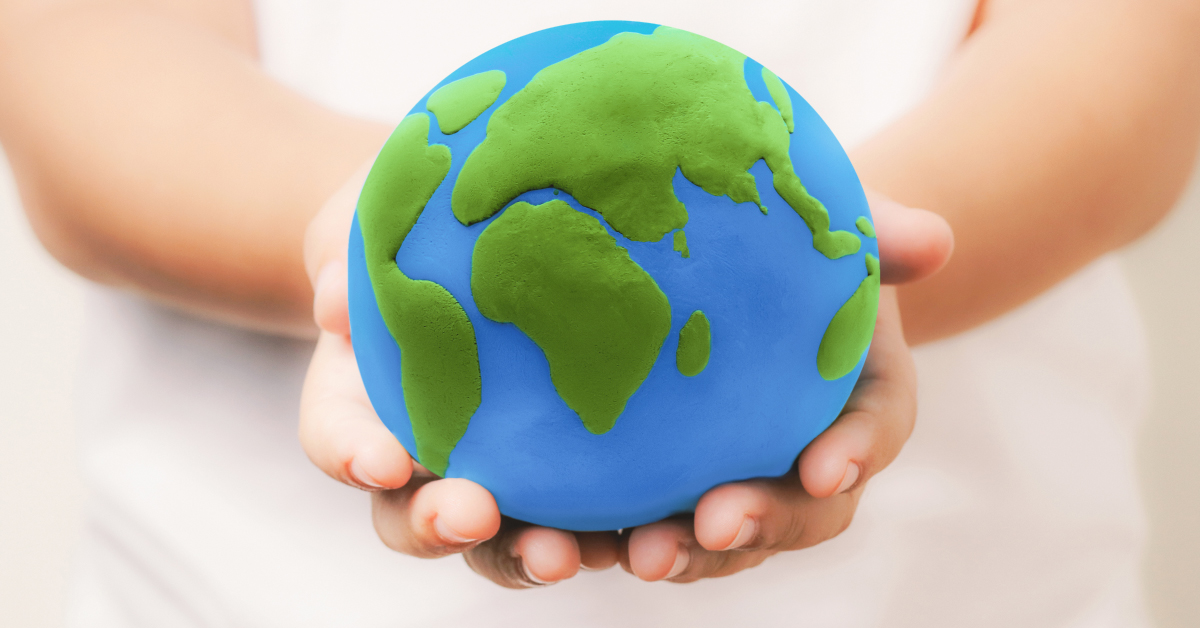Protecting Play: Toy Association Advocates for Members at Global Level
 September 22, 2020 | While the health crisis is at the forefront of everyone’s mind, The Toy Association’s dedicated External Affairs staff continues to make headway on ongoing issues affecting the toy and play community.
September 22, 2020 | While the health crisis is at the forefront of everyone’s mind, The Toy Association’s dedicated External Affairs staff continues to make headway on ongoing issues affecting the toy and play community.
"While we can all agree that these are unprecedented times for businesses and families, we are committed to pushing ahead in our day-to-day work on legislative and regulatory issues impacting Toy Association members," said Ed Desmond, executive vice president of external affairs at The Toy Association. "From advocating for legislation that tackles the threat of unsafe counterfeit toys sold online, to urging the U.S. government to keep tariffs off toys, to active involvement in policy discussions concerning children’s online privacy and safety, The Toy Association is making progress on major state and federal issues while concurrently engaging with policymakers on key issues around the globe."
The following is an overview of some of The Toy Association’s recent work in the international arena, tackling everything from battery safety to chemical regulations to cybersecurity (click here to read a recent overview of issues being handled in the U.S.):
- India – Certification Markings & REACH Regulations
After concerted advocacy by The Toy Association, Toy Industries of Europe, and the Asia Toy and Play Association, the Indian government has extended the effective date for its Bureau of Indian Standards (BIS) conformity marking requirement from September 1, 2020 to January 1, 2021. Although the extension is welcome, the lengthy timeframe for gaining approval and certification for toys imported into India is estimated at 5 to 6 months; therefore, members who are or who wish to be in the Indian market should apply without delay. The Toy Association also continues to work to gain a sell-through period for products imported prior to the effective date, as the current wording of the marking order requirement would make products imported before January 1, 2021 that do not have a certification mark illegal to sell at retail.
India is also developing a chemical control requirement based largely on European Union REACH regulations. However, there are a number of open questions as to how priority chemicals will be determined, what registration and other obligations apply to importers of articles, and how contaminants and de minimis levels of priority chemicals will be handled. The Toy Association has circulated draft comments to members and will be submitting them to the Indian government.
- United Kingdom – Cybersecurity
The Toy Association has commented to the UK Department of Digital, Culture, Media, and Sport (DCMS) regarding its proposed guidelines for cybersecurity of connected consumer products, including toys. The Toy Association has urged alignment with ASTM F3463 in the U.S., which was recently developed to provide guidelines for such products, including connected toys but with application to all connected products.
- Australia – Button Battery Safety
The Toy Association has commented twice to the Australian Competition and Consumer Commission regarding its proposed requirements for reducing the risk of coin/button battery ingestions. The original proposal would have required most consumer products, including toys, to have a battery compartment secured by a screw or other fastener; The Toy Association pointed out that toys already successfully prevent access to these batteries and urged allowing alternative securing mechanisms, including those that use a coin to gain access, in alignment with ASTM F963 (US), EN62115 (Europe), and the current Australian standard, AS/NZS IEC 62115. The Toy Association has apparently been successful with this counterproposal; the second round of submitted comments estimated industry costs for compliance.
- Brazil – Toy Safety Ordinance
After many delays, Brazil has issued Ordinance 217, which modifies Ordinance 563 of 2016, and extends the effective date for imports to January 2022, along with other changes. The Toy Association is reviewing the new ordinance and is developing comments to be submitted to the Brazilian regulator, INMETRO.
- Mexico – Toy Safety Regulation
Mexico has proposed changes to how it regulates some aspects of toy safety, potentially aligning with parts of ISO 8124. The Toy Association is reviewing the changes and developing comments to the Mexican regulator, PROFECO.
Members may contact Heather Easley to learn more about The Toy Association’s advocacy initiatives.